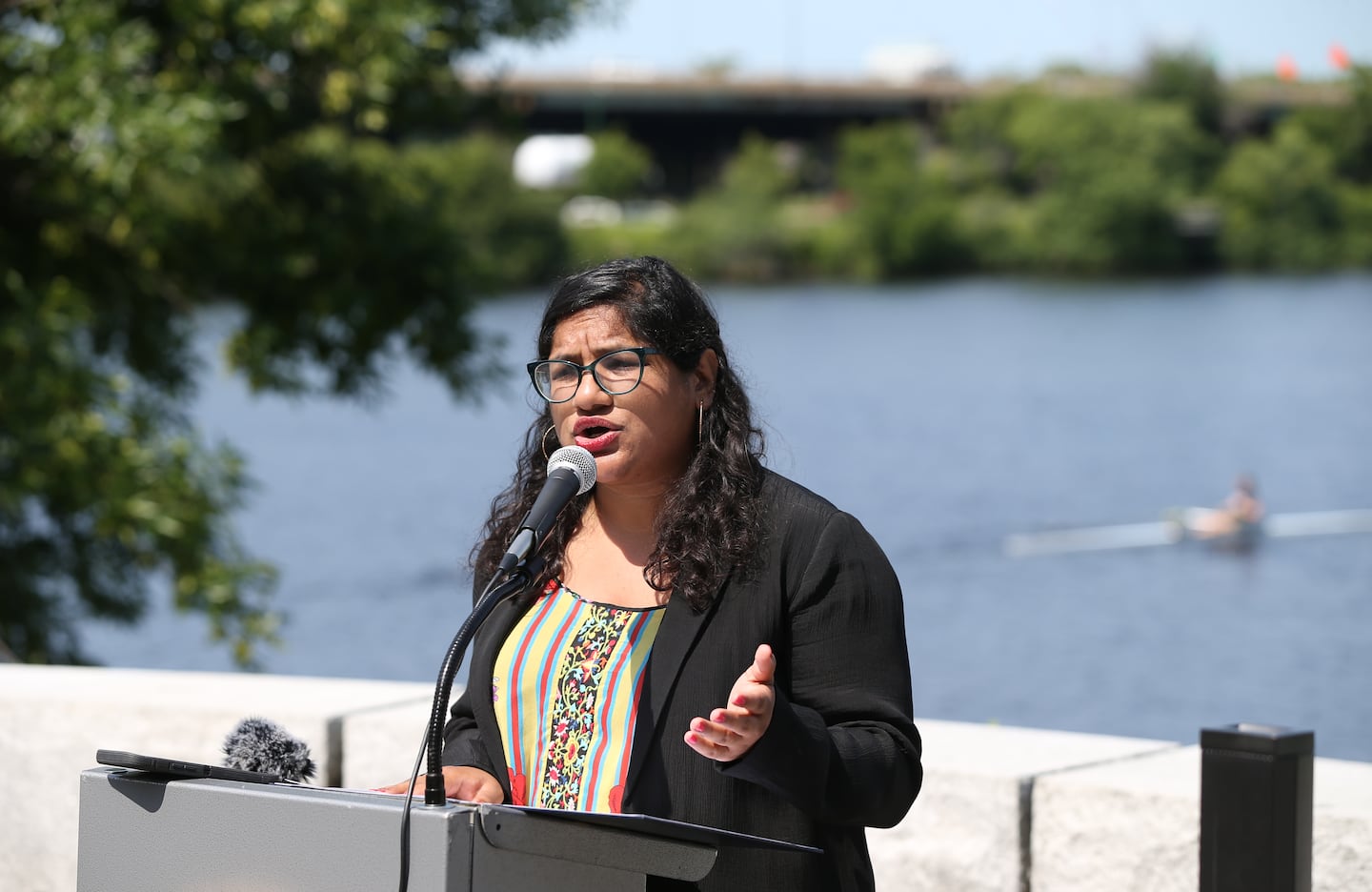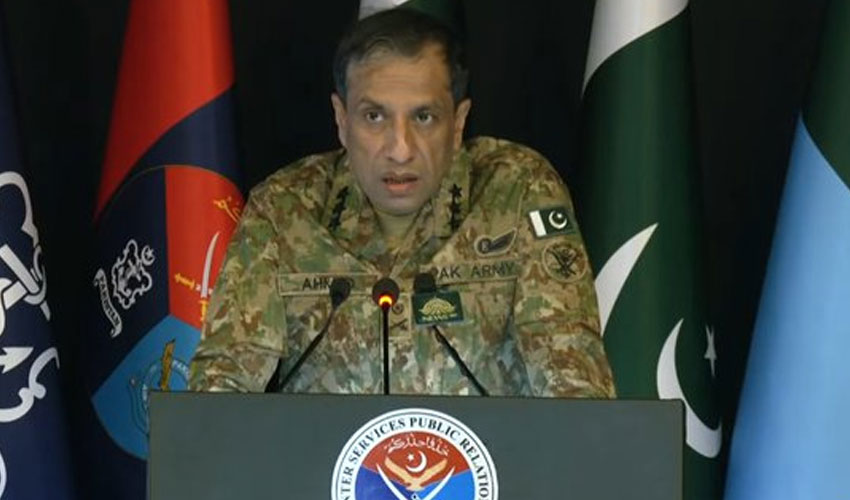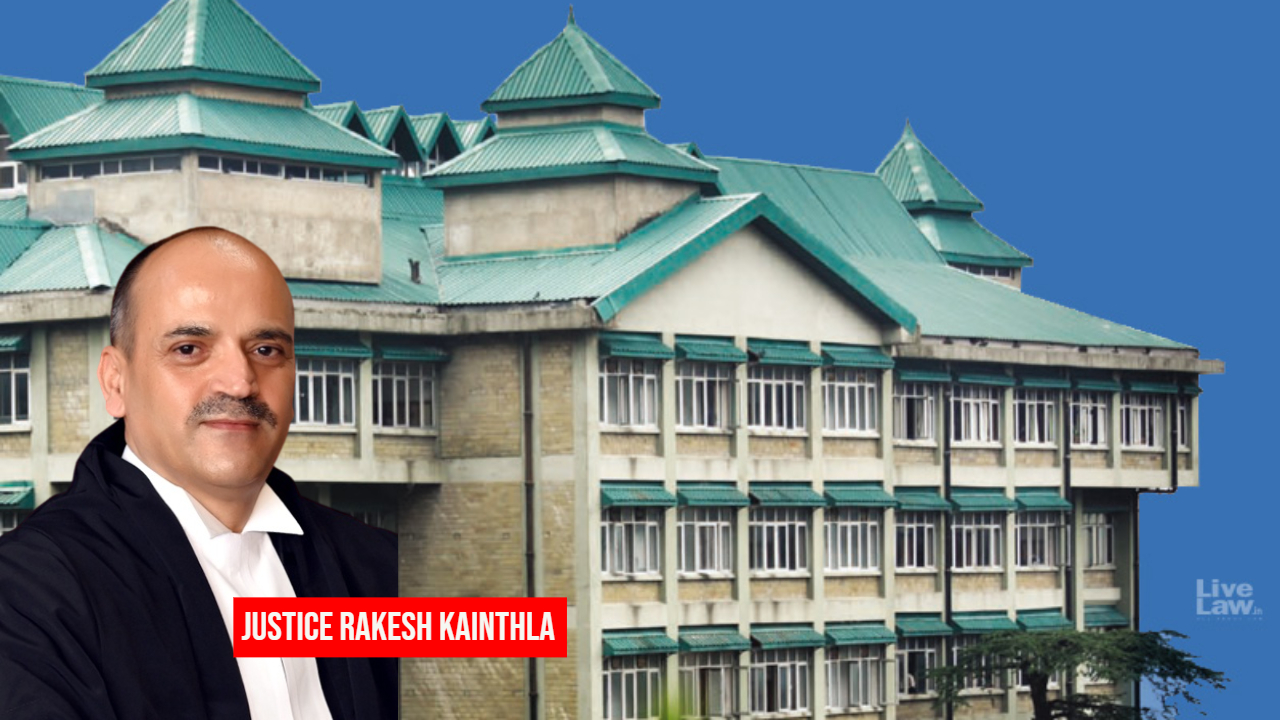- ‘Pakistan will win war against terrorism by strength’: DG ISPR RADIO PAKISTAN
- DG ISPR says Afghans involved in major terrorist incidents in Pakistan in 2025 Dawn
- Afghan soil, Indian support driving terrorism in Pakistan: DG ISPR The Express…
Category: 1. Pakistan
-
'Pakistan will win war against terrorism by strength': DG ISPR – RADIO PAKISTAN
-
Pakistan launches container ship project to boost maritime capacity-Xinhua
ISLAMABAD, Jan. 6 (Xinhua) — Pakistan on Tuesday launched the construction of a 1,100 twenty-foot equivalent unit (TEU) container ship for the Pakistan National Shipping Corporation (PNSC) at the Karachi Shipyard, aiming to strengthen…
Continue Reading
-
Punjab CM directs establishment of live dashboard to monitor progress of development projects – RADIO PAKISTAN
- Punjab CM directs establishment of live dashboard to monitor progress of development projects RADIO PAKISTAN
- Punjab to roll out province-wide projects under PPP model The Nation (Pakistan )
- A Century-Ready Reset for Punjab’s Cities Daily Times
Continue Reading
-

Sumbul Siddiqui named Cambridge mayor for second time
CAMBRIDGE — City Councilors on Monday voted to return Sumbul Siddiqui to the role of mayor, putting a champion of the city’s new and hotly debated multifamily housing policy back in a key leadership position.
Siddiqui, a city councilor since…
Continue Reading
-
Pakistani Students Stuck in Afghanistan – Voicepk.net
- Pakistani Students Stuck in Afghanistan Voicepk.net
- Khyber residents take to streets to demand reopening of Torkham border Dawn
- Woes of Pakistanis stuck in Afghanistan The Express Tribune
- Weaponizing the border and trade won’t help Center for…
Continue Reading
-
Pakistan, Bangladesh explore potential JF-17 aircraft sale, strengthening air force cooperation – Arab News
- Pakistan, Bangladesh explore potential JF-17 aircraft sale, strengthening air force cooperation Arab News
- Procurement of JF-17 aircraft comes under discussion during meeting between air chief, Bangladeshi counterpart Dawn
- Pakistan eyes defence…
Continue Reading
-

Won’t allow KP to be handed over to terrorists: ISPR DG
Director General Inter-Services Public Relations (ISPR) Lieutenant General Ahmed Sharif Chaudhry on Tuesday made it clear that Khyber Pakhtunkhwa will not be allowed to fall into the hands of terrorists, stressing…
Continue Reading
-

Social Media Chats Criticising War, Calling for Communal Harmony Do Not Constitute Sedition: Himachal Pradesh High Court
The Himachal Pradesh High Court has granted regular bail to a petitioner accused under Section 152 of the Bharatiya Nyaya Sanhita, 2023, which corresponds to the offence of sedition under Section 124A of the Indian Penal Code. The Court held that…
Continue Reading
-
Pakistan plans five-year push to boost farm exports, lift yields amid climate strain – Arab News
- Pakistan plans five-year push to boost farm exports, lift yields amid climate strain Arab News
- The flaws of coercive sustainability Dawn
- PM Shehbaz orders policy roadmap for palm oil production along coastal belt Business Recorder
- PM Shehbaz…
Continue Reading
-
PM directs roadmap to increase agricultural exports – RADIO PAKISTAN
- PM directs roadmap to increase agricultural exports RADIO PAKISTAN
- The flaws of coercive sustainability Dawn
- PM Shehbaz orders policy roadmap for palm oil production along coastal belt Business Recorder
- PM Shehbaz launches drive to modernize…
Continue Reading